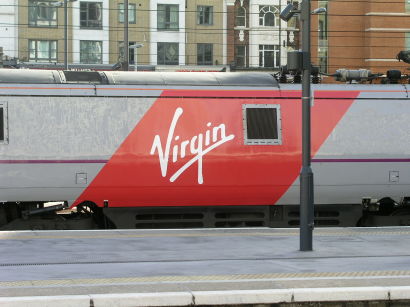THE Department for Transport’s management of two major franchises has been ‘completely inadequate’ and could indicate ‘wider weaknesses’ in its ability to control rail franchises in general, according to a new report from the Commons Public Accounts Committee.
The DfT says it ‘does not believe the franchising system as a whole is failing’, but the RMT union has called for transport secretary Chris Grayling to resign. The Labour Party says ‘public ownership is the only sensible option for the future of rail’.
The Committee has accused the DfT of ‘failing to learn lessons’ from previous franchise failures on the East Coast Main Line, while passengers on the Thameslink, Southern and Great Northern franchise have suffered an ‘appalling level of delays and cancellations’. It says this ‘totally unacceptable state of affairs’ was due to a ‘catalogue of failures’ by the Department, Network Rail and Govia Thameslink Railway.
It has been revealed that the Department considered cancelling the GTR contract early last year, but decided that the difficulty posed by the effects of industrial action, which GTR could plead was outside its control, meant that there were slim legal grounds for doing so. Instead, GTR paid a performance penalty of £12.4 million in July 2017.
The report has raised fresh doubts about the immediate future of the Virgin Trains East Coast franchise. This has been on the brink of collapse for several months, with majority shareholder Stagecoach set to lose £200 million.
There has been speculation that the DfT could be poised to take over the franchise or change its terms so that Stagecoach and Virgin would continue to run it for a time on a ‘not for profit’ basis until a new long-term ‘East Coast Partnership’ contract can be awarded, to run from 2020.
However, when giving evidence to the Committee in late February this year, Stagecoach chief executive Martin Griffiths revealed that discussions with the DfT about revenue shortfalls had actually started soon after the franchise had been launched in March 2015, and that a ‘not for profit’ option could not be considered until the DfT provided more details of what it was offering.
Major flaws in the Govia Thameslink franchise have also been revealed in the report, which says: “The Department was too ambitious about what could be achieved, and it overlooked the poor condition of the infrastructure. The Department was also ambivalent about the risk of industrial action and neglected to engage constructively with unions.”
The DfT stands accused of failing to anticipate the disruptive possibilities of a combination of an ‘ambitious upgrade programme’ alongside plans to increase DOO.
The launch of the full 24tph service through the central London Thameslink core has been postponed by 12 months until December next year, while infrastructure upgrades have been continuing, aided by an extra £900 million from Network Rail.
The report adds: “While there has been some improvement recently and there are signs that Network Rail and Govia Thameslink are now working together more effectively, we remain sceptical that this will address the serious and deep-rooted problems we have identified.”


